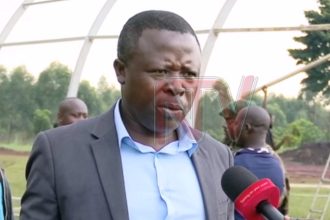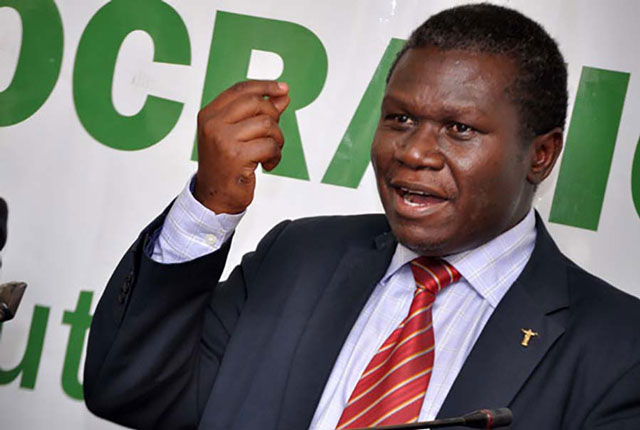[When Ministers avoid responsibility and shift blame to technical officers, it is the city’s residents who suffer the consequences, from deadly floods to preventable tragedies].
There comes a time in the life of any city when its challenges are no longer about budgets or blueprints, but about leadership, and for Kampala, that time is now.
Uganda’s capital is not short on plans, resources, or talent. What it lacks desperately, is accountable leadership, particularly at the ministerial level, because the Ministers charged with managing Kampala are falling short, and the consequences are increasingly alarming.
Consider the recent Kawempe by-election. Despite the injection of more than UGX 4 billion into the campaign machinery, we (NRM) suffered a deverstating defeat.
Rather than taking stock of what went wrong or addressing the voters’ concerns, the aftermath was dominated by public finger-pointing. Contractors and KCCA engineers were paraded before the cameras.
What followed was not accountability, but a public relations exercise aimed at shielding political figures from scrutiny.
When floods recently struck Kampala, resulting in the deaths of more than 10 innocent citizens, severe traffic disruption, and extensive damage to property, not a single Minister appeared at the scenes.
There were no visits to affected families, no public statements, no expressions of responsibility, and the silence from the city’s top leadership was both palpable and telling.
And then came the tragedy at the Kitezi landfill, where more than 30 people perished in a waste slide. KCCA’s technical officers were quickly suspended and some are now facing legal action.
Yet, the Ministry of Kampala, and the political authority overseeing city management escaped scrutiny. In a further twist, UGX 2 billion was quietly requisitioned from the national Contingency Fund, not to assist victims or implement safety measures, but reportedly for political mobilization.
This misuse of public tragedy to strengthen political positioning is not just improper, but profoundly unjust.
One must ask, why are only technical officers held accountable for systemic failures? Why are Ministers, who shape policy and supervise implementation, absent from responsibility when lives are lost? Governance should never be about shifting blame downwards while shielding those at the top.
Meanwhile, the structural problems Kampala faces persist and deepen. Illegal fuel stations continue to emerge across residential areas. Wetlands are encroached with impunity. Drainage systems remain clogged. And yet, there is little evidence of consistent, principled leadership from the political figures charged with protecting this city.
Instead, Kampala residents are subjected to press conferences, reactive interventions, and a steady stream of public relations efforts, none of which address the root causes of the city’s mismanagement.
Leadership must not be measured by how frequently one appears on television or how well one navigates political storms, but, by presence in moments of crisis, by the courage to take responsibility, and by the will to prioritize public service over self-preservation.
Until we restore this ethic of accountability, and demand more from those entrusted with Kampala’s future, our dear city will continue to suffer. And in that suffering, it is not the powerful who will pay the price, but the ordinary citizens (abantu ba’wansi) caught in the failures of those who were meant to lead.
The writer is a former Owino Market chairperson, devoted PLU/NRM Carder and aspiring MP for Kampala central





















